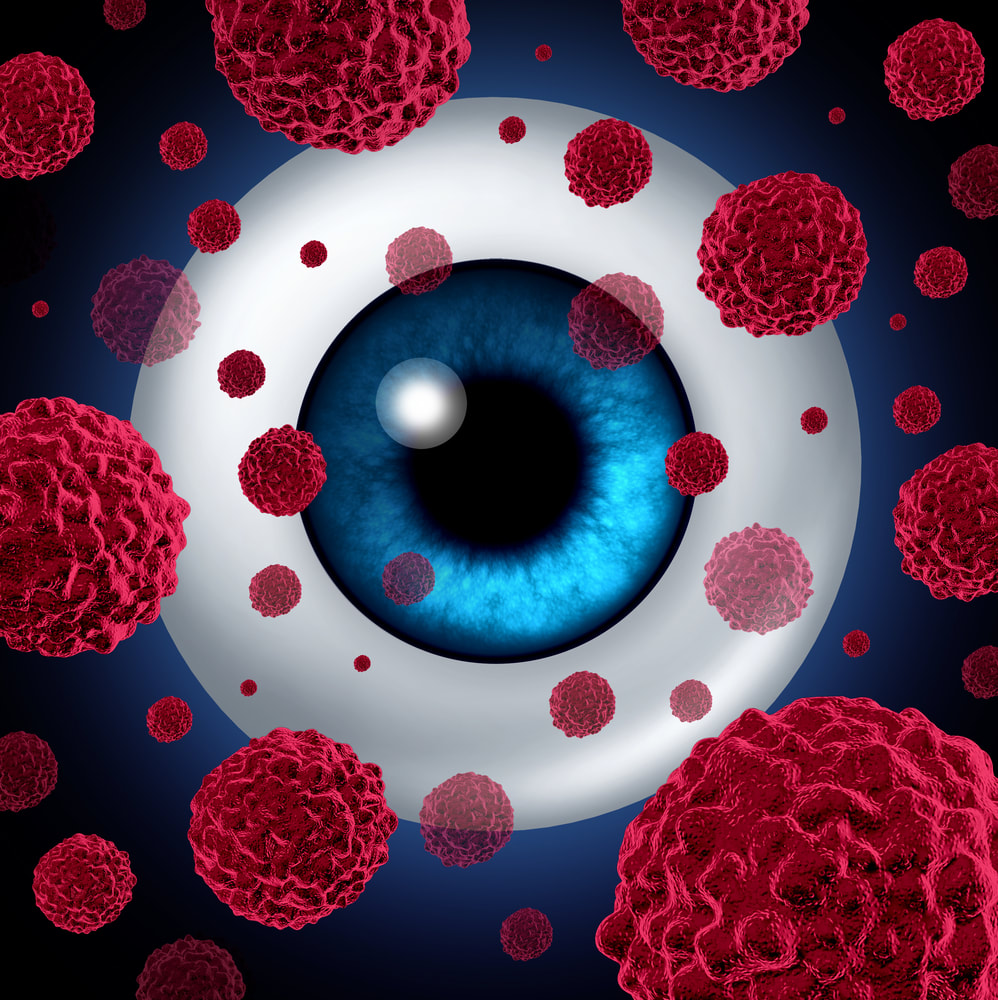How Radiation Therapy Can Affect the EyesRadiation therapy is a common type of cancer treatment. While it typically doesn’t cause the same type of side effects to the eyes that chemotherapy or biological therapies can, depending on where radiation is directed, it can have some effects on vision. For example, radiation therapy to treat head and neck cancer or brain tumors may cause certain side effects that affect the eyes. For example, radiation therapy can possibly damage the optic nerve, depending on where the beams are directed. It can also lead to blurry vision or dry eyes. It’s helpful to understand that advances in radiation therapy often allow very targeted treatment that decreases side effects. However, it’s always best to discuss potential side effects with your doctor before treatment, so you know what to expect. Chemotherapy, Biological Therapies & The EyesChemotherapy, and more recently biological therapy, are often used to treat a variety of cancers. There are many different medications used. Side effects to the eyes are possible with certain types of drugs, and may include:
Keeping Your Eyes Healthy During TreatmentThere are things you can do that may help keep your eyes healthy during cancer treatment, so you have one less thing to worry about. Consider the suggestions below. Consider Eye Drops Eye drops, such as artificial tears, can decrease irritation and ease symptoms of dry eyes. Although over the counter eye drops are usually considered safe for most people, it’s best to talk with your doctor before using any type of medication or eye drops to treat ocular side effects. Use a Gentle Cleanser: Your eyes may be more sensitive than they were before your treatment. Use a gentle cleanser around your eyes and on your eyelids to remove makeup or eye gunk that forms. Wear Sunglasses Some types of cancer drugs can leave you more sensitive to the light. While everyone should wear sunglasses when going outside during the day to protect their eyes, it’s even more important if you are undergoing cancer treatment. Wash Your Hands Often Since some cancer treatments may lower your immune system, it’s essential to do what you can to decrease your chances of getting an infection, including an eye infection. Wash your hands frequently, especially before handling your contacts or putting on eye makeup. Have Regular Eye Exams It’s important to have regular eye exams to make sure the medications you are taking are not damaging your eyes. Eye exams are also helpful to address any vision changes you may develop. Keep in mind that not all vision issues will be due to side effects from cancer treatment. Eye conditions unrelated to cancer can still develop and may contribute to vision symptoms. Know When To Contact Your DoctorIt’s critical to let your doctor know about any side effects you develop. In some cases, different protocols may be possible that may decrease unwanted effects. Also, if you experience any of the following symptoms, contact your eye doctor immediately:
Going through cancer treatment is hard enough without side effects. Understanding potential side effects, including those that can affect the eyes, is helpful to minimizing complications, which can only add to the difficulty. We are here to help and answer any questions you may have. If you would like to schedule an appointment with one of our eye doctors or are due for a comprehensive eye exam, please call our office at 508-746-8600 today. Comments are closed.
|
EYE HEALTH BLOGCategories
All
Archives
July 2024
|
|
Kadrmas Eye Care New England
55 Commerce Way, Plymouth, MA 02360
14 Tobey Road, Wareham, MA 02571 133 Falmouth Road (Rt 28), Mashpee, MA 02649 |
Phone Number:
1-508-746-8600 Hours: Monday through Friday — 8 AM – 4:30 PM |


 RSS Feed
RSS Feed
